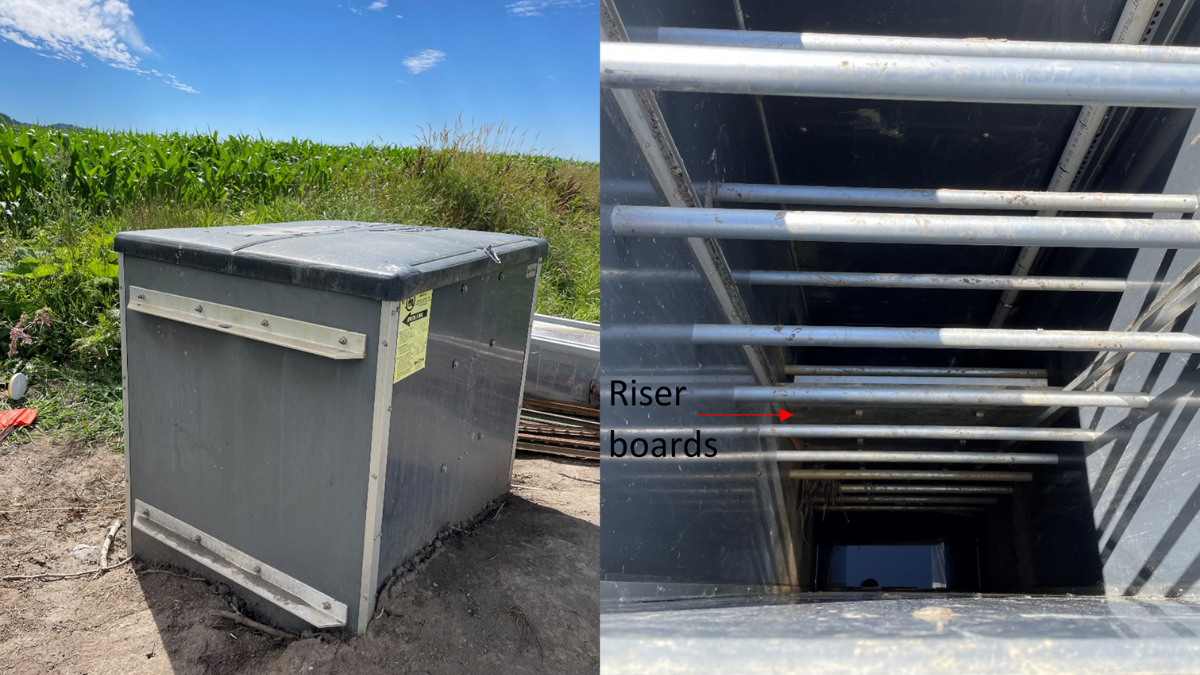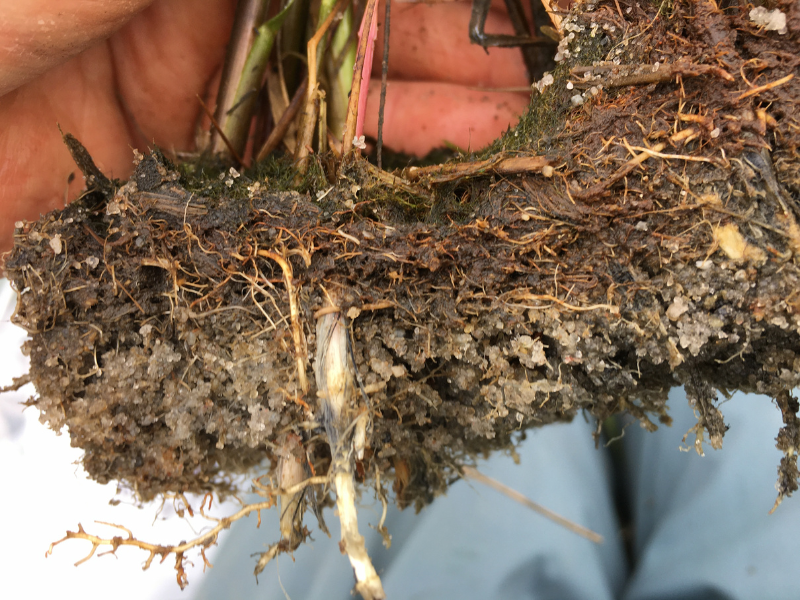Conservation
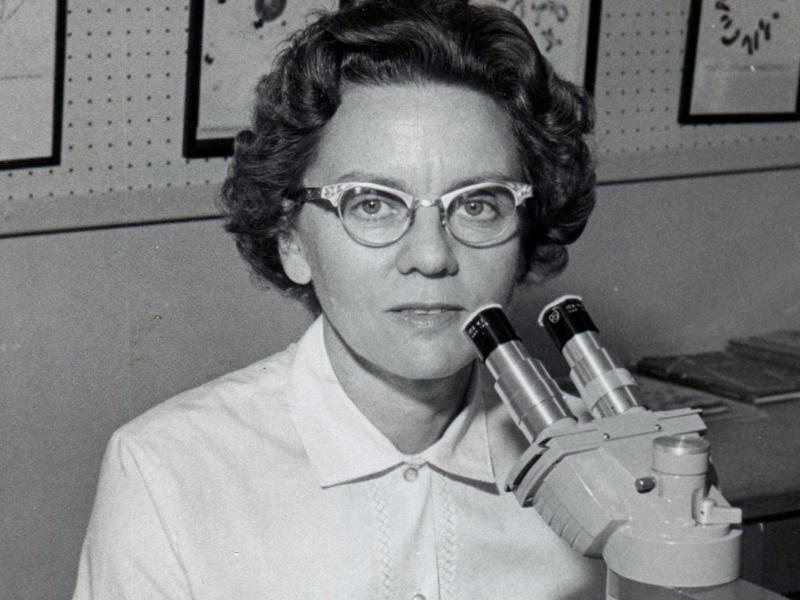
Rosalind Morris led an extraordinary life that ended 26 Mar. 2022, just shy of her 102 birthday. Her legacy lives on, not just through her scientific and professional accomplishments, but also thanks to a generous donation she made to the Agronomic Science Foundation (ASF), the philanthropic arm of ASA, CSSA, and SSSA. Donations to ASF enable a wide range of programming, such as awards, lectureships, and service initiatives and help to sustain the value and relevance of the Societies into the future.
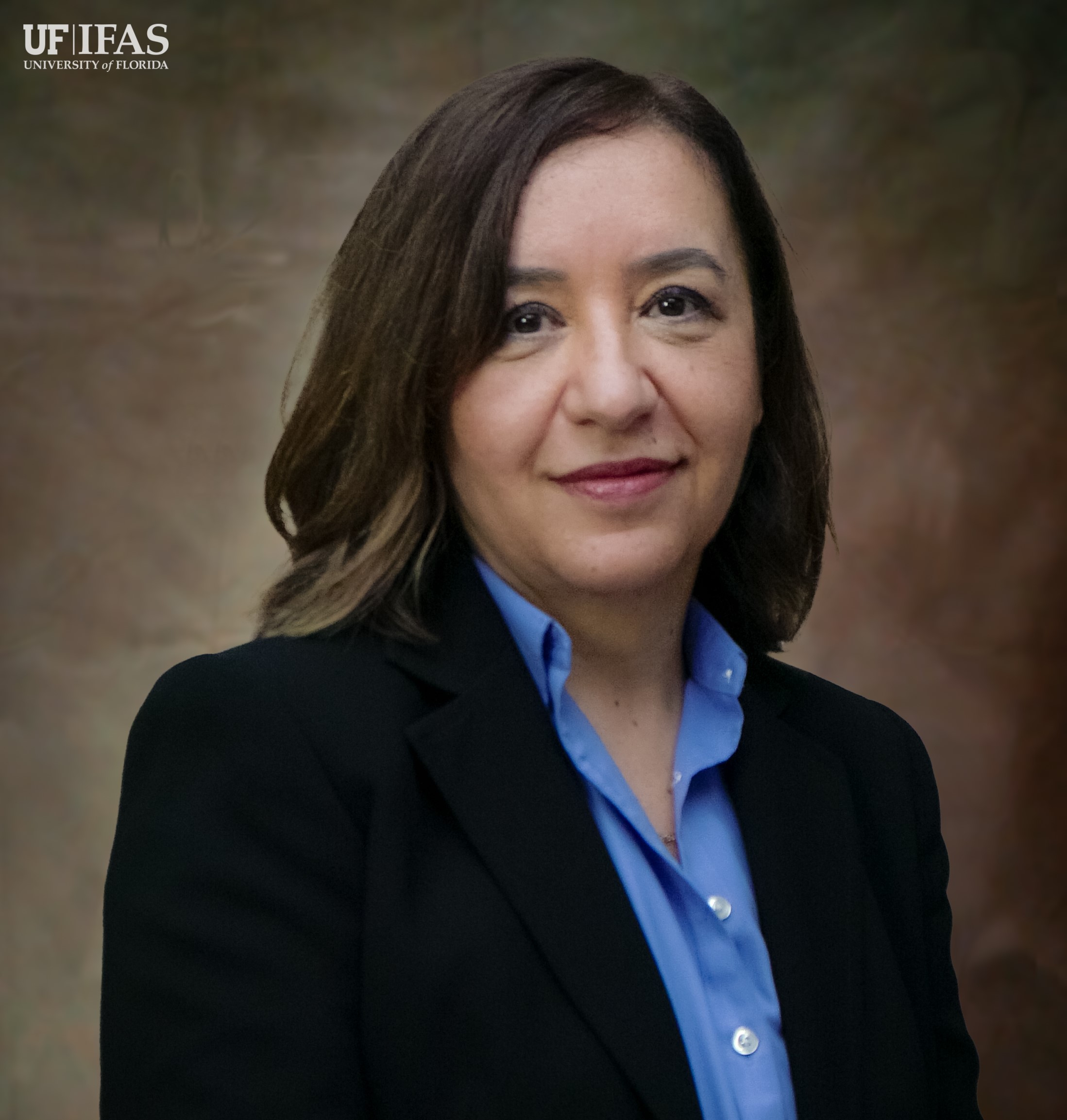
 The Soil Science Society of America (SSSA) announced its newly elected leaders for the next office term, beginning January 2024.
The Soil Science Society of America (SSSA) announced its newly elected leaders for the next office term, beginning January 2024.

Aging is a part of life, and plants are no exception. The life cycle of a plant is felt in genebanks that store plant materials, such as seeds. Plant materials in genebanks may be accessed by farmers, researchers, conservationists, and others for breeding. But for a genebank to provide useful germplasm to growers, the seeds stored there must be alive when harvested. And as the stored seeds start to age, fewer and fewer of them live long enough to germinate.
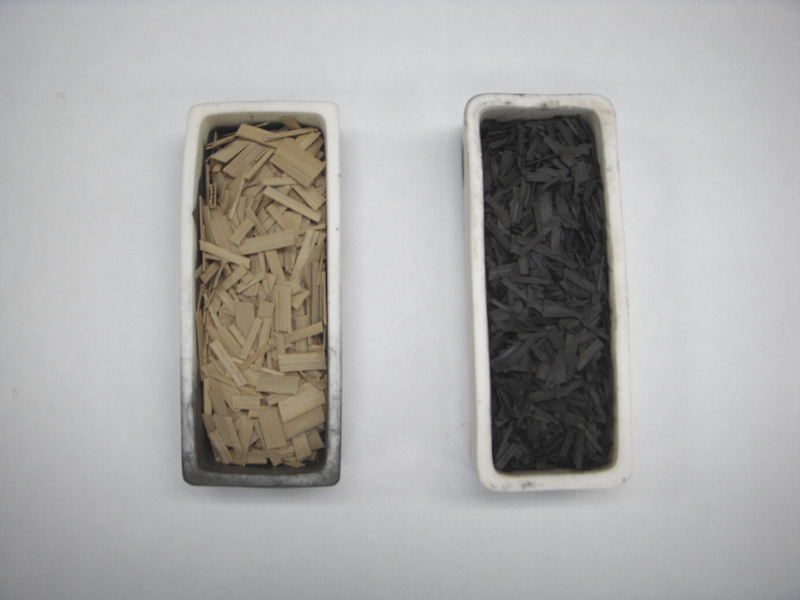
To feed the world’s growing population, farmers need to grow a lot of crops. Crops need water to grow and thrive, and the water used to irrigate crops makes up an estimated 70% of global freshwater use. But many areas across the world are plagued by water shortages.
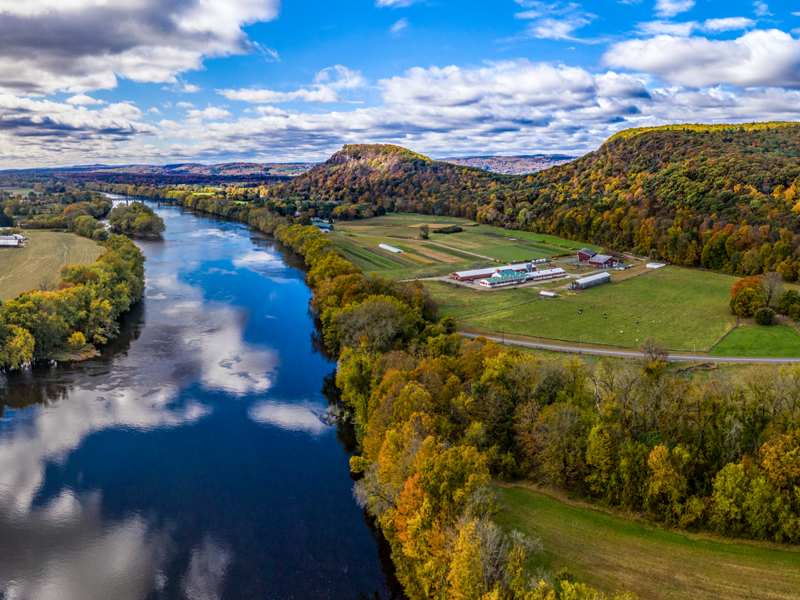
This week, ASA, CSSA, and SSSA offered comments to the Natural Resources Conservation Service (NRCS) regarding implementation of funding received through the Inflation Reduction Act (IRA) to support climate-smart agriculture and conservation that reflect the boots-on-the-ground realities facing producers enrolling and implementing conservation programs. We likewise were pleased to provide input from the scientific community on innovative means to quantify outcomes and tackle these challenges.

Here’s what you’ll find in this newsletter:
-
A few big things happening in Washington, DC and beyond.
-
Hot off the press statements and activities from the ASA, CSSA, and SSSA science policy office
-
Engagement opportunities to help you build advocacy skills. Look for the plant symbol for other calls to action throughout the newsletter.
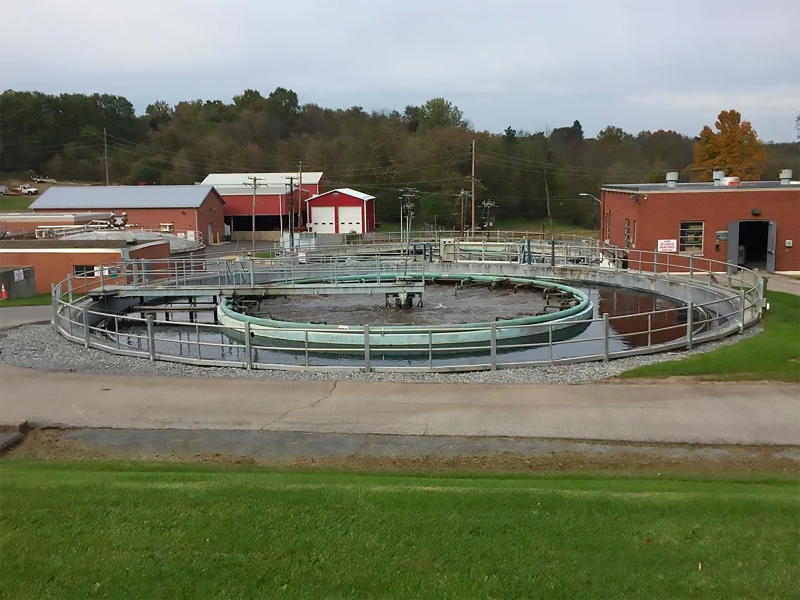
Sewage treatment plants provide an important service to communities around the world. Through several processes, these facilities take dirty water and transform it into water that can be reused safely. Treating water that comes from our homes and offices – domestic wastewater - to be reintroduced into the environment protects both human and environmental health.

